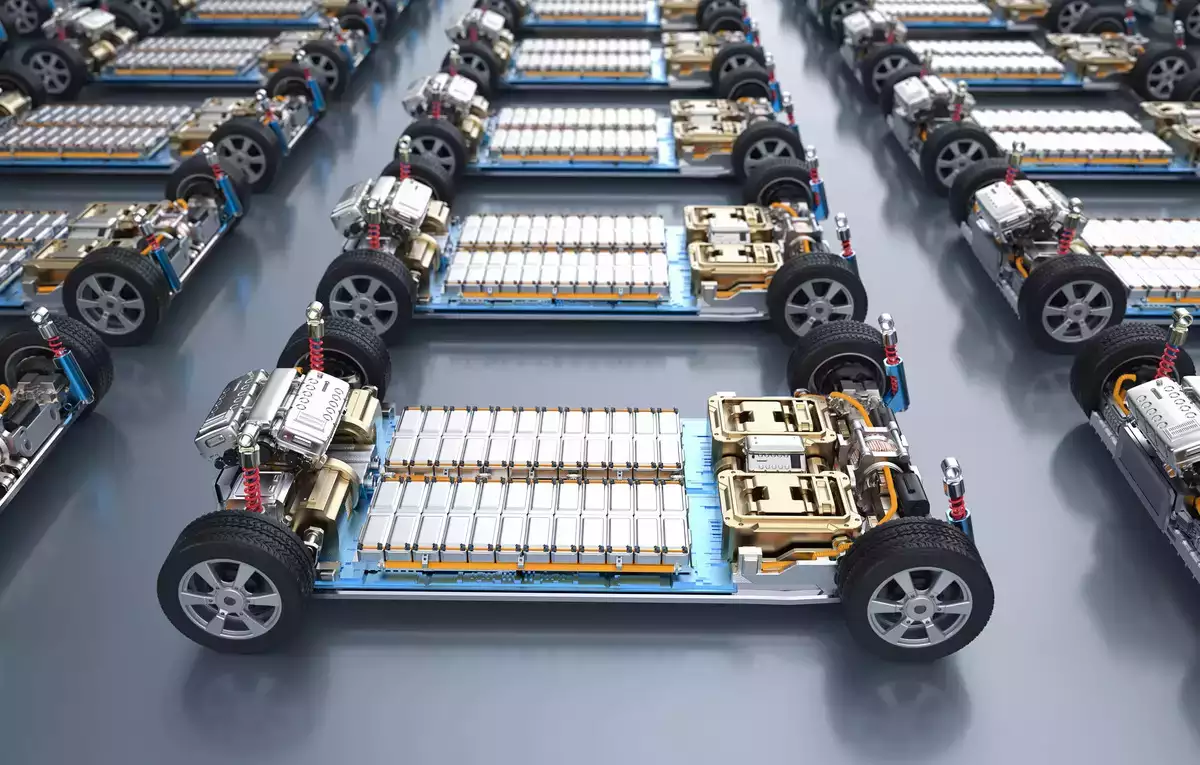No disbursals for battery PLI

The National Programme on Advanced Chemistry Cell (ACC) Battery Storage was launched with a INR 18,100 crore outlay in 2021.
“All beneficiaries did not meet the December 2024 milestone. There is long gestation as technology is not available in India for battery PLI. Without production, there is no incentive to be disbursed,” a senior official said, adding that this prompted the significant reduction in budget allocation for FY25.
A second official said Ola’s investment for battery manufacturing is on track, but the company is yet to start production and therefore did not raise any incentive claim so far.
“The company hopes to start battery production in the first quarter of next fiscal,” the official said.
The companies did not respond to ET’s queries.
ACC Energy Storage, which bid as Rajesh Exports, had sought some relaxations from the Ministry of Heavy Industries, another official said.
The first round of bidding for ACC production linked incentive scheme was concluded in March 2022.
Ola Cell Technologies, a subsidiary of Ola Electric Mobility, had won the lion’s share of 20 GWh capacity. ACC Energy Storage, and Mukesh Ambani-controlled Reliance New Energy Ltd (RNEL) were awarded incentives for 5 GWh each. Programme agreement with selected beneficiary firms was signed in July 2022.
Another 20 GWh of incentives was initially awarded to a company found to be impersonating Korean automaker Hyundai Motor Company. This allocated capacity was eventually vacated and half of it was recently re-bid in 2024. RNEL emerged as the winner in this round.

